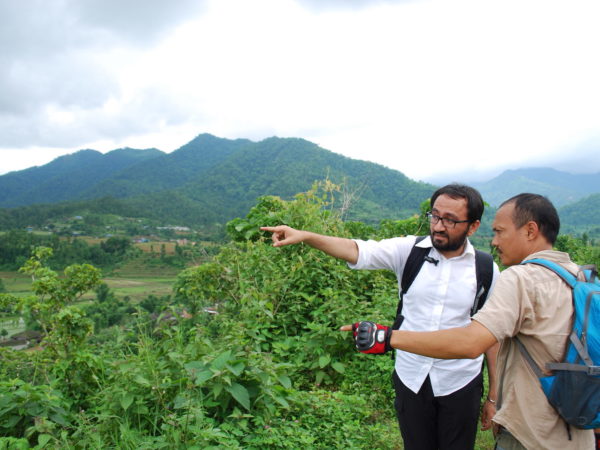2014 Ensuring Accountability for Indigenous People in Agribusiness Lending
In August 2010, Accountability Counsel authored a report with the support of the Center for International Environmental Law (CIEL) titled “A Call For Reform of World Bank Group Agribusiness Policies and Practice: A Proposal to End Violations of Indigenous and Traditional Peoples’ Rights.” The report discusses the human rights implications of land grabbing for agribusiness and outlines a series of conditions for lending that must be implemented to prevent harm to indigenous and traditional peoples.
Ensuring Accountability in Program-for-Results Financing
One of the latest challenges to accountability at the World Bank is a proposed new way the bank proposes to lend money, which the bank calls “program-for-results” financing, or “P4R.” The new instrument aims to invest World Bank funds without regard to the World Bank’s own operational policies and procedures that provide social and environmental safeguards.
The draft further weakens the chance for positive development outcomes by removing the explicit requirement for project supervision over bank-financed operations. In turn, the Inspection Panel would be unable to determine the bank’s compliance with initiatives for which no safeguard policies apply. This is an extremely dangerous initiative that could undermine the rights and protections for communities around the world.
Accountability Counsel submitted P4R comments to the World Bank on 30 September 2011. Accountability Counsel is working on P4R issues with a coalition of civil society partners. For information on other comments that have been submitted and for more information on P4R, please visit www.p4rcomments.org.
On 15 January, 2014, 32 civil society organizations joined together to demand changes to the World Bank Inspection Panel’s draft operating procedures. The panel’s proposed revisions to its policy risk undermining the panel’s ability to deliver accountability. Read the joint CSO letter here.
On 6 March, 2014, the World Bank Inspection Panel announced the final version of their revised operating procedures that govern how they address complaints from people harmed by World Bank projects.

